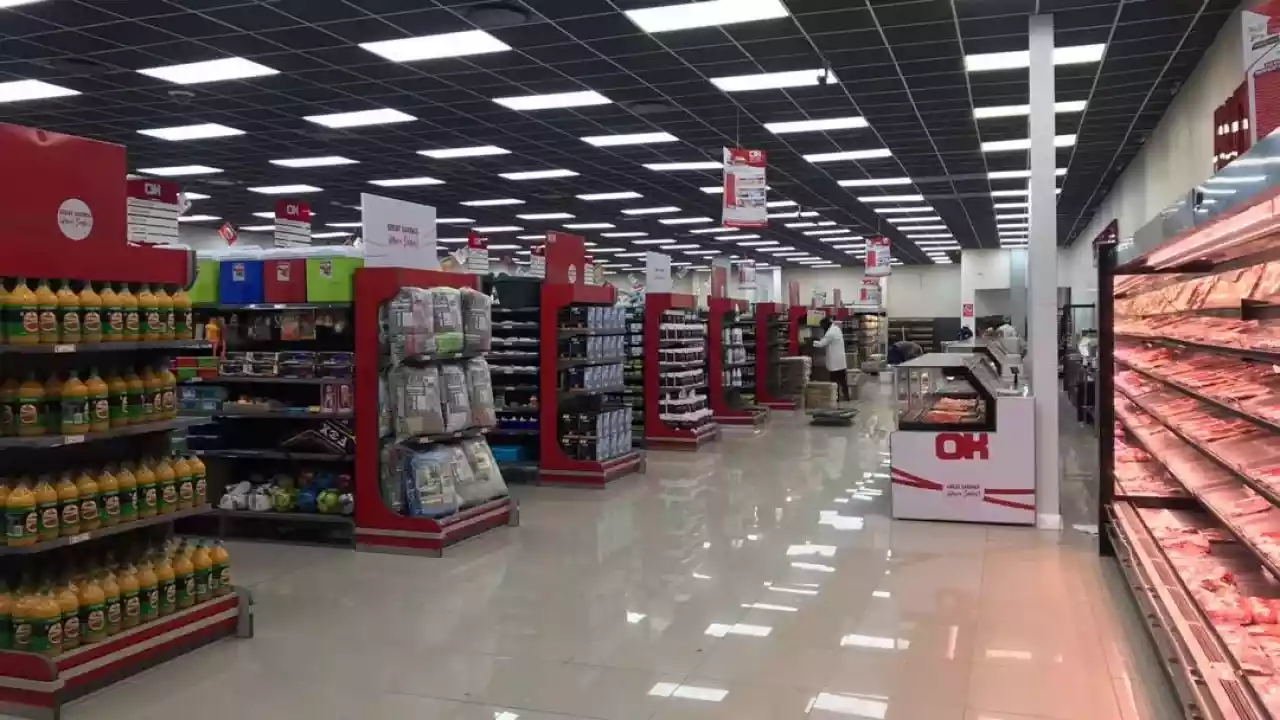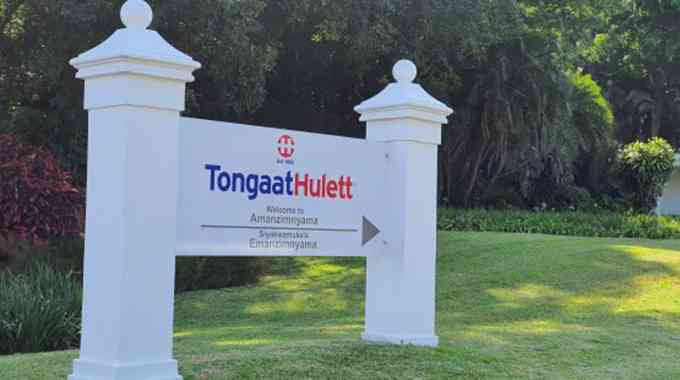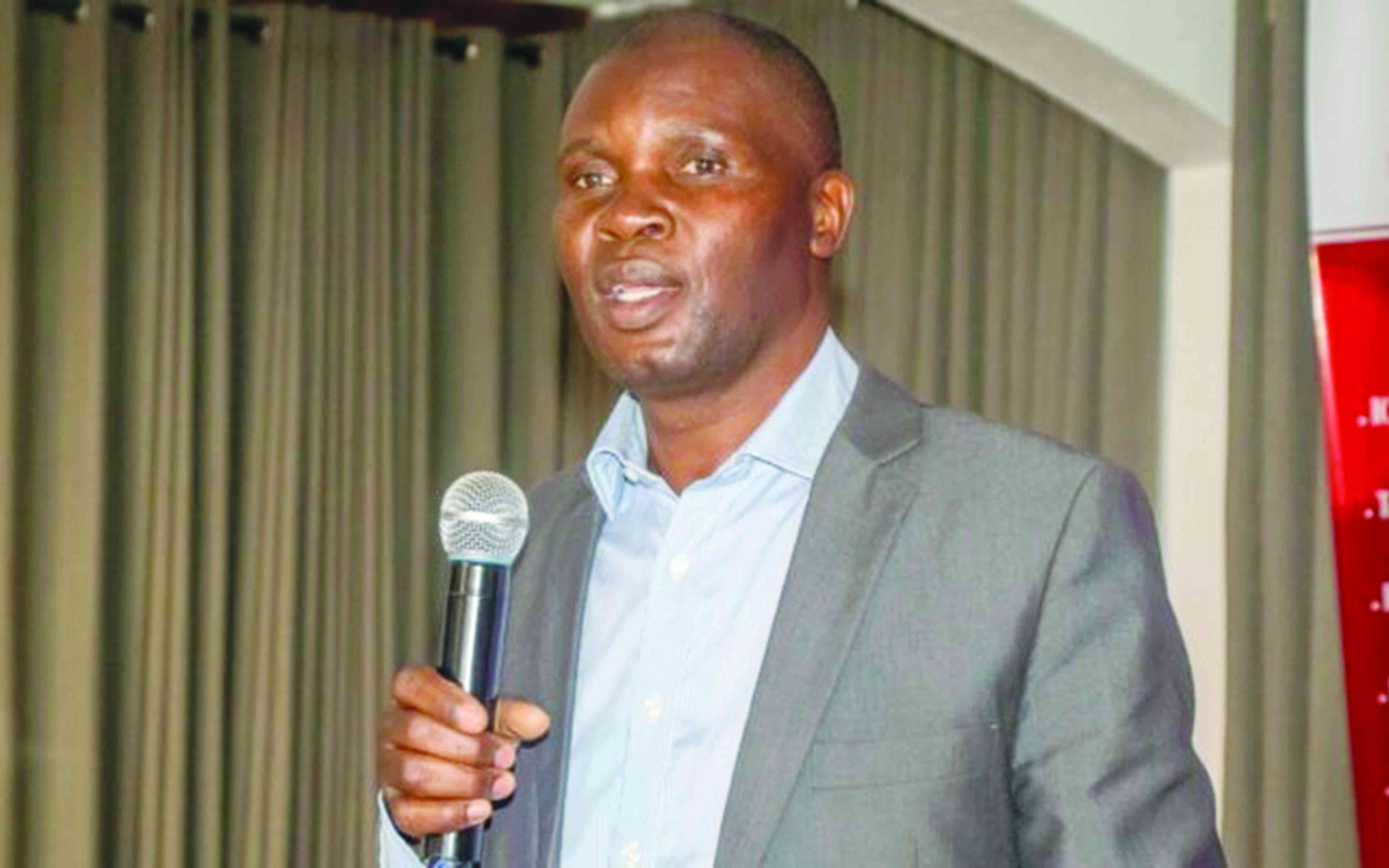
LAST week, the Employers Confederation of Zimbabwe (Emcoz) hosted an indaba to discuss issues affecting the sector, including the need to capacitate members for Tripartite Negotiation Forum (TNF) negotiations. The indaba, which ran under the theme: Resilient Business-The New Normal, brought to the fore several issues affecting businesses. Our senior business reporter Melody Chikono (MC) spoke to Emcoz president Demos Mbauya (DM, pictured), who said business needed urgent solutions to address current problems. Below are excerpts of the interview:
MC: Can you unpack this indaba for us?
DM: Let us start with the theme of the conference, which is building resilient businesses within the new normal. So, basically, within the context of our operating environment, our economy has had its own challenges for a while and the approach that we have taken as business is that we need to build businesses that not only adapt to our current environment, but also create sustainable models for growth and recovery.
Basically, we are taking time to do some introspection as businesses on the operating macro-environment.
MC: What motivated the theme?
DM: It was essentially in recognition of the fact that our economy has been volatile for a while and we are taking a two-pronged approach. One approach is to say, let us build business models that are consistent and adapt to the operating environment.
MC: In your remarks, you touched on a number of issues that are affecting business and you specifically mentioned that after the 2024 National Budget, businesses experienced low activity. Can you shed more light on this?
DM: One of the things that are significantly affecting business are measures that have been put in place by the government to increase fiscal revenue. We understand the government has responsibilities to provide public goods like transport, health and everything.
- Mavhunga puts DeMbare into Chibuku quarterfinals
- Bulls to charge into Zimbabwe gold stocks
- Ndiraya concerned as goals dry up
- Letters: How solar power is transforming African farms
Keep Reading
To do that, they have to mobilise fiscal revenue. We also understand that the government is cognisant of the extended nature of the informal sector and they would like to capture the informal sector so that they also broaden their fiscal revenue base.
However, some of the measures that have been put in the Finance Act . . . have a negative effect on business. I would like to give an example of the presumptive tax that is targeted to non-compliant businesses. It requires a bit of time, education and conscientisation of the informal sector in terms of how they comply.
MC: What is the immediate imposition of the presumptive tax?
DM: The immediate imposition of presumptive tax will be to increase prices. So we think that may have a negative effect. We applaud the government for taking feedback from businesses to reduce it from 30% to 5%.
However, we would like to work with the government in terms of a timeline through which we assist the informal sector or non-compliant businesses to comply so that in the short term, we do not have price increases.
MC: Other challenges?
DM: The other one is the beverage sugar tax. Initially, the government put it at US$0,002 per gramme. So it is now US$0,001 per gramme.
We engaged the government and they reduced it by almost 50%. So we welcome that. However, we think there is an opportunity for the government to differentiate between ready-to-drink and concentrated or cordial beverages.
There are also best practices in terms of implementing the beverage tax. In other economies, what they have done is that the first 4% are tax exempt. They have also differentiated between ready-to-drink and cordials.
MC: May you elaborate further.
DM: Cordials, by their nature, are concentrated drinks. People do not consume concentrated drinks. So imposing a tax that is similar to a ready-to-drink on a concentrate makes cordials or concentrated drinks very expensive.
To improve on what the government has already done in reducing the tax, we are also lobbying the government to differentiate ready-to-drink and concentrated drinks. The immediate impact of that has been to increase the price of cordials significantly.
You also heard some comments from the tourism sector, from the construction industry, where they are saying they have to pay value-added tax (VAT) before they have been paid. By the way, their biggest client is the government. They are facing working capital challenges because they are paying VAT before they have been paid by the government.
It is something also that we think we need to raise with the government. But generally, the tax regime that has been implemented by the government, even though we understand the intentions, has created a big burden on the economy, on businesses and on the households.
MC: As employers, how are you adjusting to the welfare of your workers, especially in this volatile environment?
DM: These issues are related. The business has to be viable and profitable. So in all the measures that have been taken, they have affected business viability. It has not created more capacity or ability for business to grow because demand right now is kind of suppressed or is declining. And again, it is the face of disposable income where employees are going to have to pay more because of the taxes. The ability of a business to respond to that is determined by its ability to pay, which is also affected by the operating environment.
MC: Given such a background, what can you say about the outlook in terms of retrenchments this year? Do you think companies will be able to keep on holding to people when business is not viable?
DM: It is a foregone conclusion that when businesses are struggling, one of the measures that they will do to reduce costs is to look at other areas of the business, which also includes labour. So, it is inevitable that when viability is an issue, it will be considered. A case in point, even though it is not related to the tax issues, in the mining sector. We are seeing some retrenchments that are going to come through as a result of commodity prices. So, it is inevitable that when there are viability issues, business will retrench.
MC: Any figures for this period compared to last year?
DM: It is too early because we are now two months into this year so we cannot really judge. We are going to do two studies.
The first one is to look at capacity utilisation, employment levels this period versus last year. We are also going to commission a study on the impact of tax on aggregate demand and on employment levels so that we can engage the government on an effective basis. It is something that we have to do over the next month.
MC: You indicated that the statutory instrument on retrenchment provisions is being finalised to allow business to organise and manage work spaces. Can you shed more light on this?
DM: This one is mainly referring to the gap that is there in the current Labour Act. Previously, the Labour Act would provide for a minimum retrenchment package. Right now, there is a gap. What it does, it creates havoc within the industry in the event that a retrenchment has been done. We need to engage.
We have already engaged with labour and the government.
MC: Can you be specific on the gaps?
DM: There are no guidelines right now in the Labour Act for retrenchments. Previously, they were there. So right now, there is a gap because it does not speak to what is the minimum retrenchment package. We are having a conversation to have that included.
MC: You mentioned that banks are no longer playing their traditional role of lending. How have you been affected as businesses?
DM: It is a known fact that in Zimbabwe, the costs of borrowing are huge. What it means is that most companies are failing to raise working capital.
Expanding funding for business translates to expensive capital and it goes into the value chain and pricing. In the event that demand is collapsing, there is no aggregate demand, consumers are facing affordability issues. You are borrowing expensive money to fund your business. In the end, businesses shy away from borrowing and then that affects business viability.
MC: How much does business need to retool at the moment?
DM: It depends sector by sector. But the broad outline is that many companies right now require funding for tooling. But in Zimbabwe, we do not have medium to long-term finance and that is affecting the retooling process.
MC: What can you say is your outlook for the year?
DM: Sometimes the government comes up with a lot of very good policies. Where we see the fault lines is in the process of engagement. We think that the problems that we are facing as an economy are not insurmountable.
What we would like to encourage is social dialogue between government, business and labour.
We are hopeful that within the next three or four months, we are able to sign a social contract, which outlines what are the prerequisites for us to reboot our economy.











